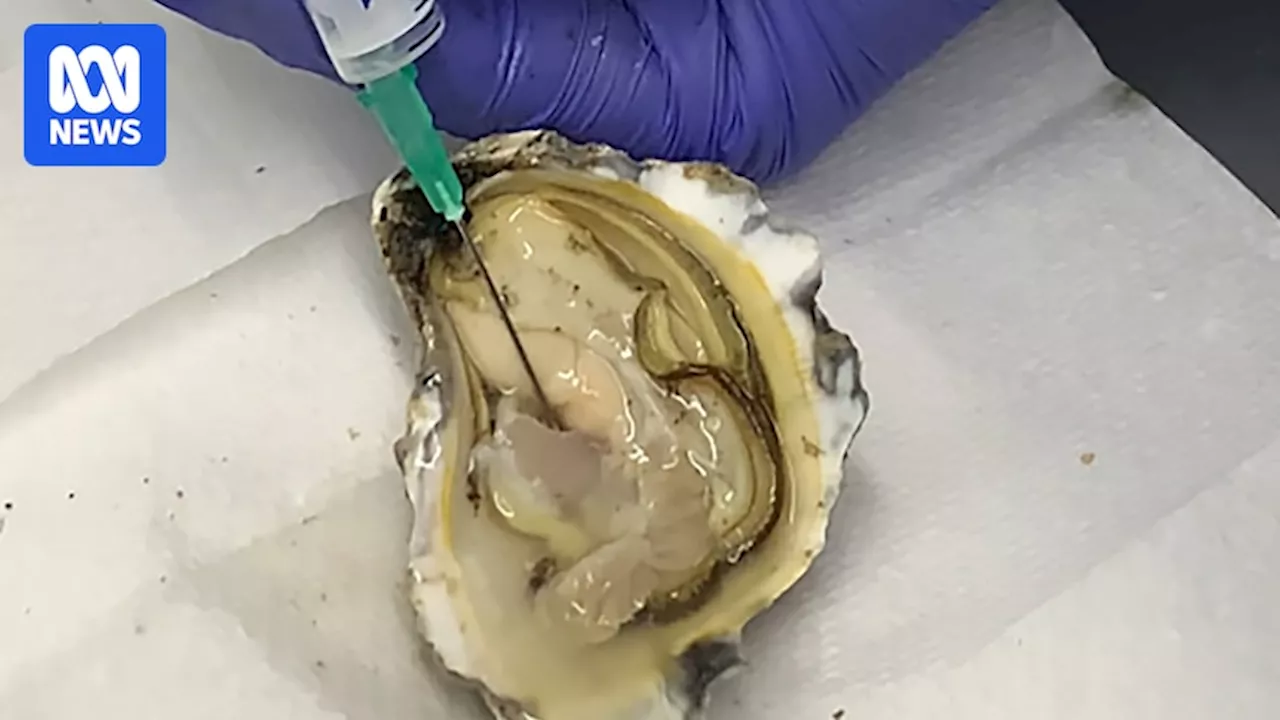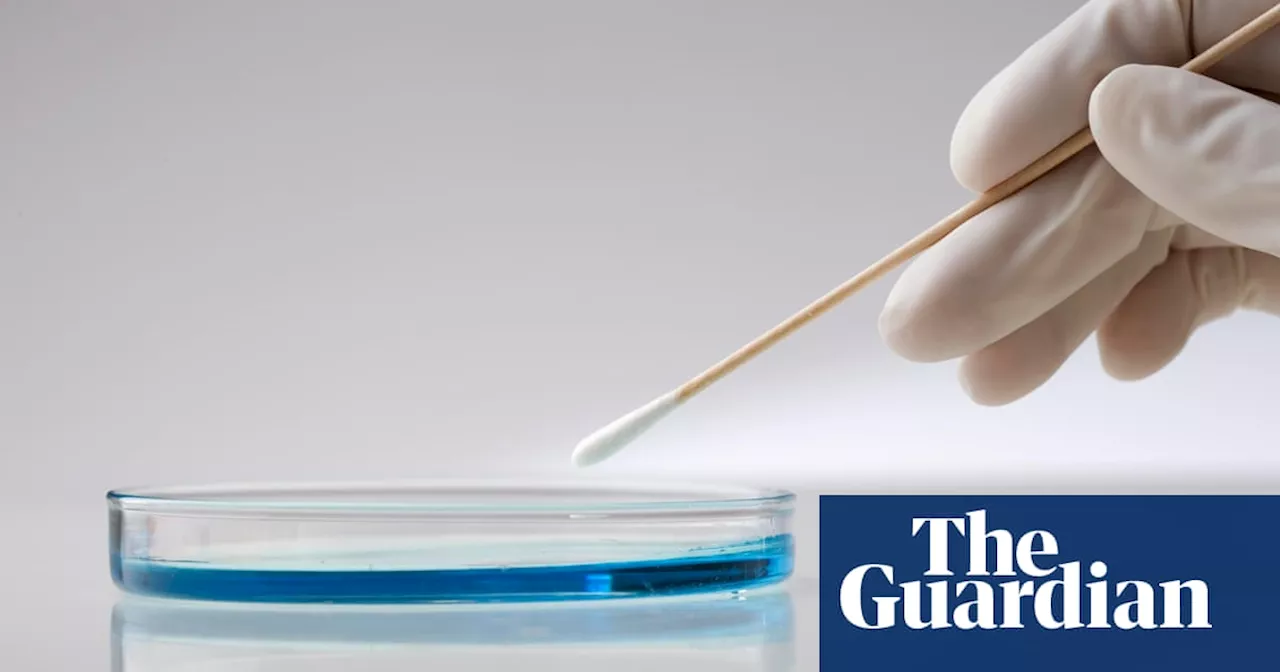An Australian study reveals that a person's unique bacterial signature can be identified on their sexual partner after intercourse, even with condom use. This discovery holds potential for forensic analysis in sexual assault cases where traditional DNA evidence is absent.
A groundbreaking Australian study suggests that the unique bacterial signature of an individual can be detected on their sexual partner after intercourse, even when barrier protection is used. This finding opens up exciting possibilities for forensic testing, particularly in sexual assault cases where traditional DNA evidence, such as sperm, is absent. The research, led by Dr. Brendan Chapman of Murdoch University, focused on the 'sexome' – the collection of bacteria that inhabit the genitals.
These bacteria vary significantly between individuals and are transferred during sexual contact, leaving a distinct imprint on their partner. The team analyzed a bacterial gene called 16S rRNA, which is not found in humans, allowing them to identify individual bacterial profiles. Swabs taken from 12 monogamous heterosexual couples before and after intercourse revealed that the bacterial signature of one partner could be detected on the other, even when condoms were used. However, the transfer was more prominent from female to male partners in these cases.While condoms did reduce bacterial transfer, the study highlighted that other factors, such as timing of condom use and male hygiene after intercourse, could influence the detectability of these signatures. The researchers believe this technique could significantly expand the window for testing after a sexual assault, going beyond the 24-hour timeframe typically associated with traditional DNA analysis. Dr. Chapman emphasized, however, that further research is needed to refine the uniqueness and reliability of bacterial signatures for courtroom use. The team also aims to explore the sexome in the absence of intercourse and its variations throughout the female menstrual cycle. Professor Dennis McNevin, a forensic genetics expert at the University of Technology Sydney, who was not involved in the study, acknowledged the potential of bacterial genetic profiling as a supplementary tool in sexual assault investigations. He stressed that DNA analysis would remain the primary method of evidence gathering, but bacterial tracing could provide valuable corroboration or challenge witness testimony in cases where other DNA evidence is scarce or inconclusive
Law & Crime Sexual Assault Forensic Science Bacterial Signature Sexome DNA Evidence
United States Latest News, United States Headlines
Similar News:You can also read news stories similar to this one that we have collected from other news sources.
 Sandman, Good Omens author Neil Gaiman denies new sexual assault allegationsBest-selling author Neil Gaiman has responded to new allegations he sexually assaulted, abused and coerced eight women.
Sandman, Good Omens author Neil Gaiman denies new sexual assault allegationsBest-selling author Neil Gaiman has responded to new allegations he sexually assaulted, abused and coerced eight women.
Read more »
 Married Couple and Their Younger Lover Explore Sexual Adventure in New PlayNicola Walker, Stephen Mangan, and Erin Doherty star in Mike Bartlett's provocative new play, Unicorn, which explores the complexities of a married couple's decision to bring a younger woman into their relationship. The actors discuss the play's themes, their characters, and the potential impact on audiences.
Married Couple and Their Younger Lover Explore Sexual Adventure in New PlayNicola Walker, Stephen Mangan, and Erin Doherty star in Mike Bartlett's provocative new play, Unicorn, which explores the complexities of a married couple's decision to bring a younger woman into their relationship. The actors discuss the play's themes, their characters, and the potential impact on audiences.
Read more »
 New Zealand Woman Sues Neil Gaiman for Sexual AssaultA New Zealand woman, Scarlett Pavlovich, has filed three civil lawsuits against author Neil Gaiman, alleging repeated sexual assault while she worked as his family's babysitter and nanny. Pavlovich claims the assaults occurred between February 2022 and when she left the family's employment. She alleges that Gaiman, through promises of career support, took advantage of her vulnerable situation. Gaiman denies the allegations, stating he has never engaged in non-consensual sexual activity.
New Zealand Woman Sues Neil Gaiman for Sexual AssaultA New Zealand woman, Scarlett Pavlovich, has filed three civil lawsuits against author Neil Gaiman, alleging repeated sexual assault while she worked as his family's babysitter and nanny. Pavlovich claims the assaults occurred between February 2022 and when she left the family's employment. She alleges that Gaiman, through promises of career support, took advantage of her vulnerable situation. Gaiman denies the allegations, stating he has never engaged in non-consensual sexual activity.
Read more »
 New Code Aims to Tackle Sexual Violence in Australian UniversitiesAustralia's federal government introduces a new National Higher Education Code to Prevent and Respond to Gender-based Violence, requiring universities to establish safety standards, investigate misconduct, and disclose any previous allegations against prospective employees. The code also prohibits non-disclosure agreements unless requested by a victim-survivor.
New Code Aims to Tackle Sexual Violence in Australian UniversitiesAustralia's federal government introduces a new National Higher Education Code to Prevent and Respond to Gender-based Violence, requiring universities to establish safety standards, investigate misconduct, and disclose any previous allegations against prospective employees. The code also prohibits non-disclosure agreements unless requested by a victim-survivor.
Read more »
 Researchers find oyster blood helps antibiotics kill respiratory bacteriaThey can create pearls and are rumoured to have aphrodisiac properties, but oysters might have a more serious role to play in the field of human health, researchers say.
Researchers find oyster blood helps antibiotics kill respiratory bacteriaThey can create pearls and are rumoured to have aphrodisiac properties, but oysters might have a more serious role to play in the field of human health, researchers say.
Read more »
 Deadly paralysing bacteria linked to bogus botox in SydneyThree people have developed symptoms of a rare but life-threatening paralysing illness after suspected fake botox injections at a Sydney home, prompting health authorities to warn the public against receiving anti-wrinkle injections from unauthorised practitioners.
Deadly paralysing bacteria linked to bogus botox in SydneyThree people have developed symptoms of a rare but life-threatening paralysing illness after suspected fake botox injections at a Sydney home, prompting health authorities to warn the public against receiving anti-wrinkle injections from unauthorised practitioners.
Read more »
